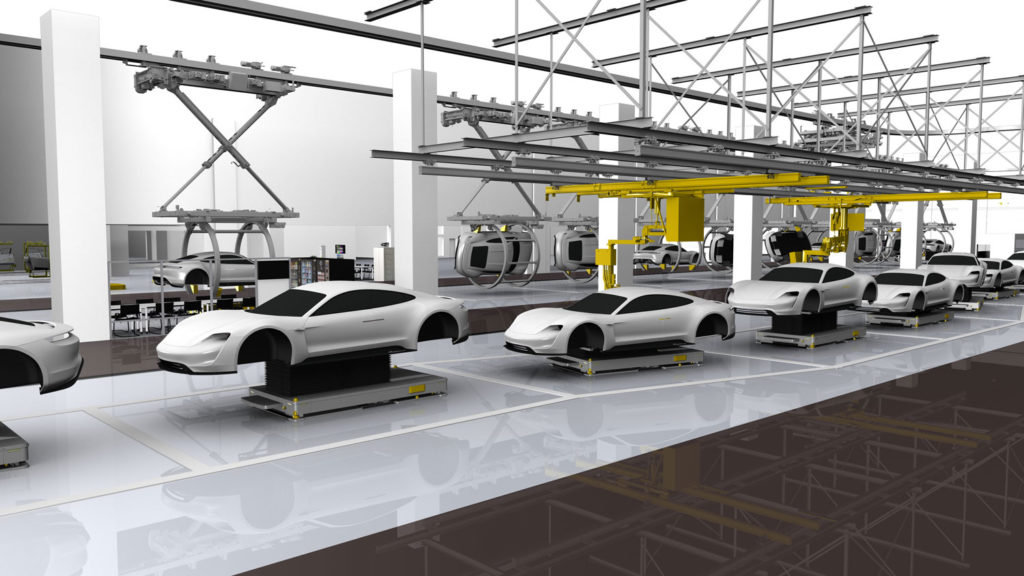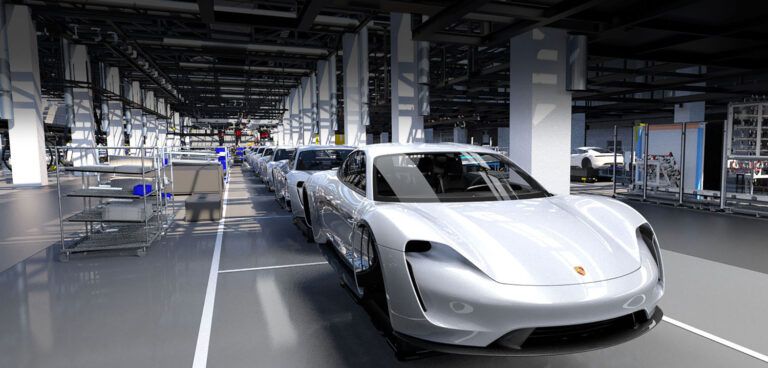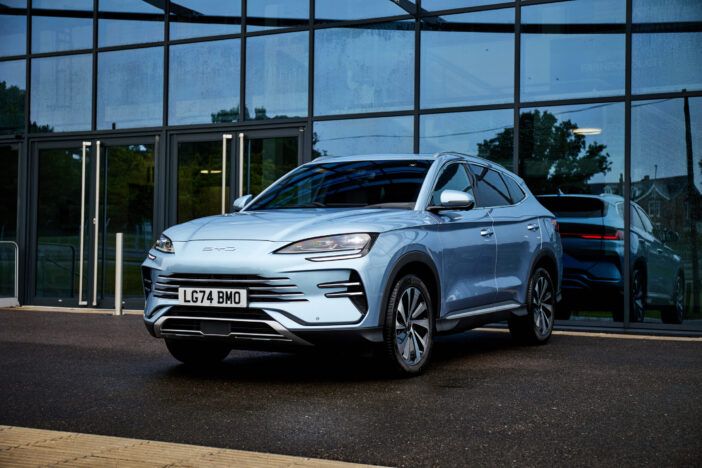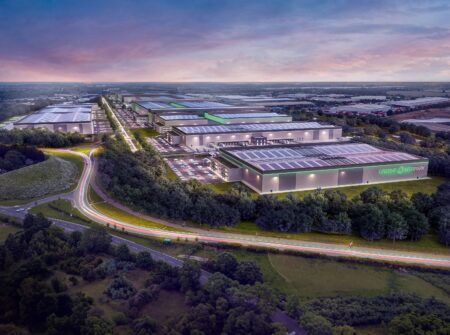Porsche’s investment in the all-electric Taycan will total €6bn (US$6.9bn) and will see the OEM take on 1,200 new employees for the launch of the new vehicle – a commitment to electrification that will include the car maker making significant investment in a wide range of fields.
“We predict that over 50% of Porsche models delivered from 2025 will be electrified,” said Lutz Meschke, deputy chairman of the executive board and member of the board responsible for finance and IT at Porsche. Despite such large-scale investment, the OEM’s target profit margin of at least 15% remains unchanged.
“In addition to efficient processes, the revenue from digital products and services should also increasingly contribute to our economic success,” Meschke said.
The new Taycan production and assembly facilities are currently being built – billed as a “factory within a factory” – at the main plant in Zuffenhausen, Germany, and sees Porsche expanding its traditional assembly line model.
“By applying flexi-line production, Porsche will become the first vehicle manufacturer to use driverless transport systems in a continuous series production process,” explained Albrecht Reimold, member of the executive board responsible for production and logistics.
This production change will enable the number of work cycles to be increased using the same amount of space. Following Porsche’s concept of ‘smart, green, lean’, the OEM is also pursuing resource-friendly production.
The Taycan production process is carbon neutral, with the future goal in production being to establish a complete zero-impact factory. The introduction of the Taycan is generating 1,200 new jobs in Zuffenhausen.
“The Taycan is one of biggest creators of jobs in the history of Porsche,” said Andreas Haffner, member of the executive board responsible for HR and social affairs.
Not all of these new employees will be producing the Taycan however – they will also build two-door sports cars as part of Porsche’s plan for the Taycan team to offer a mix of experienced sports car manufacturers and new staff.
This development will also see a large-scale training initiative take place in a specially created production hall built on the training center premises in Zuffenhausen.
A digital learning platform, which contains more than 1,400 training units on issues related to digital transformation and enables users to study independently, will be available for the entire workforce.
Development of the Taycan has also been built on a close working relationship between motorsport and series production. Like the Porsche 919 Hybrid, the Taycan is powered by 800V technology. This was one of the most essential decisions for the 919, as the voltage level effectively sets the course for the entire electric drivetrain: from the battery to the layout of the electronics and the e-machines to the capacity of the charging process.






